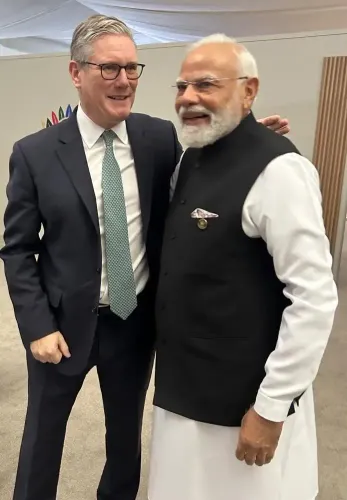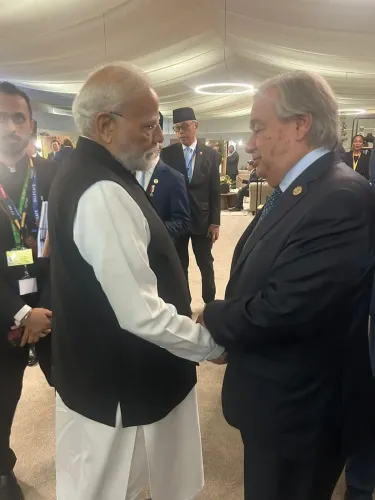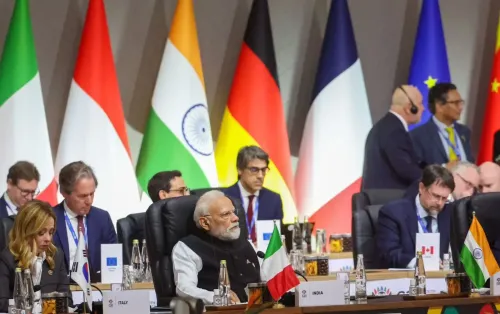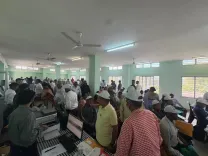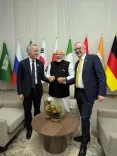Did South Korea's Government Official Modify Ulchi Freedom Shield to Mitigate North Korean Tensions?
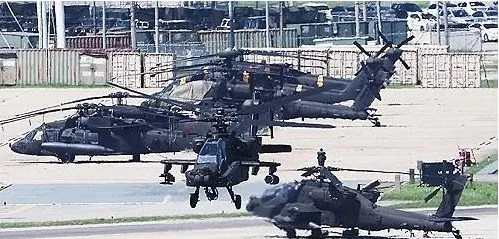
Synopsis
Key Takeaways
- The Ulchi Freedom Shield exercise is set to take place from August 18-28, 2023.
- About half of the scheduled drills have been rescheduled to next month.
- South Korea aims to ease tensions with North Korea through military adjustments.
- North Korean protests were a factor in the decision to modify the exercises.
- The South Korean government is committed to fostering peace and stability.
Seoul, Aug 7 (NationPress) A high-ranking official from South Korea's unification ministry stated on Thursday that this year's summer joint military exercises with the United States were "modified" to help reduce tensions on the Korean Peninsula. This decision follows the rescheduling of nearly half of the planned field drills to next month.
These comments came shortly after Seoul and Washington confirmed that the annual Ulchi Freedom Shield (UFS) exercise will proceed as scheduled from August 18-28, despite 20 of the originally planned drills being postponed to next month.
The UFS exercise, lasting 11 days, is carried out by the Republic of Korea (ROK) and the United States. It involves training that reflects the Korea Theatre of Operations—encompassing a combined, joint, multi-domain, and interagency operational environment.
Officials highlighted the ongoing heatwave and flood damage as reasons for the partial delay, but it appears that North Korea's protests were also a significant factor, according to reports by Yonhap news agency.
A senior official from the unification ministry characterized the decision as an "adjustment" designed to ease tensions on the Korean Peninsula under the administration of Lee Jae Myung.
"The aim is to mitigate tensions and foster peace and stability," the official told reporters, speaking on condition of anonymity, and emphasized that this goal is shared by both the ministry and the Lee administration.
"I hope this will aid in reducing tensions on the Korean Peninsula," the official expressed.
Modifying the UFS has been a focal point in inter-Korean relations since Kim Yo-jong, the influential sister of North Korean leader Kim Jong-un, criticized the exercise, claiming that the Lee administration is no different from his hard-line predecessor.
Unification Minister Chung Dong-young promptly indicated his intention to propose modifications to the UFS exercise to President Lee in a bid to enhance relations with Pyongyang.
North Korea's regime routinely condemns joint military drills between Seoul and Washington, viewing them as rehearsals for war and reacts with significant hostility.


